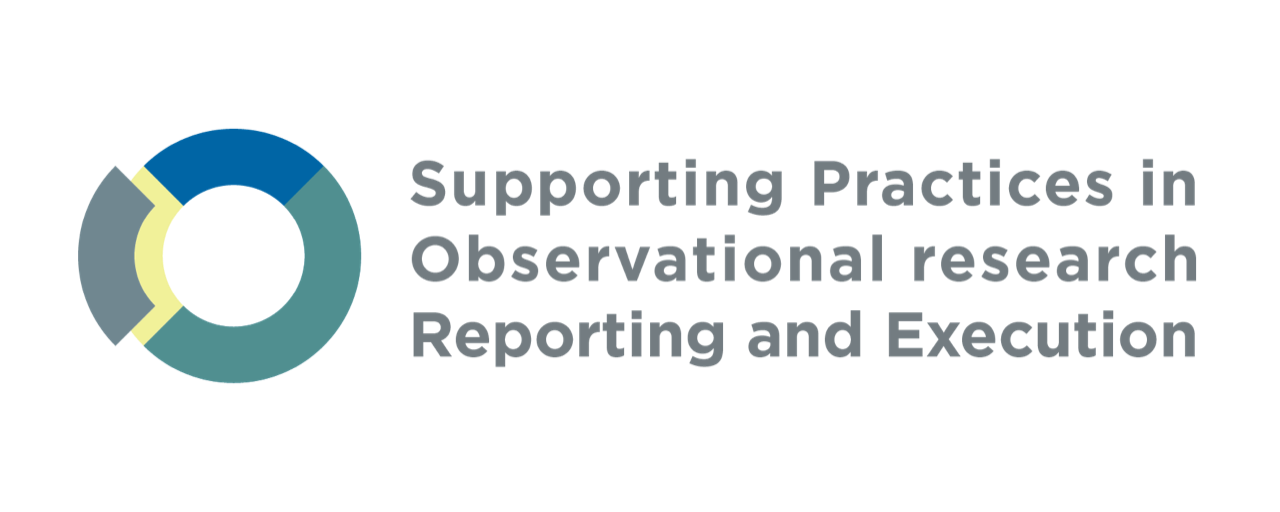Open Publications
Open science also includes open- access publications: making research publications freely available with reduced restrictions on use and re-use.
This can benefit researchers, as their research can reach a wider audience. Increasingly, Universities and Funders expect research to be published open-access (see, for example, the Wellcome Trust’s Plan S)
Pre-prints
Preprints enable faster dissemination of results, increase the attention given to a study, and allow researchers to establish the primacy of their findings. They are usually shared before a paper is submitted to a journal; many publishers accept this as standard practice and encourage authors to engage with the process, but it's important for researchers to understand publisher preprint policies when considering submitting a paper.
Preprints are hosted by discipline-specific servers, the most well-established of which is
arXiv (primarily for physics, mathematics and computer science). The pre-print server for applied health sciences is generally medRxiv
https://www.medrxiv.org/ or BioHackrXiv (https://biohackrxiv.org/).
Open Research Publishing Platforms
There are an increasing number of open research publishing sites, which combine the upload speed of pre-prints with open peer review following publication. Examples include F1000Research (https://f1000research.com/), MedEdPublish (https://www.mededpublish.org/) and, for Wellcome Trust funded research, Wellcome Open Research (https://wellcomeopenresearch.org) .
Such sites are not pre-print servers - articles submitted to these sites cannot be submitted elsewhere.
